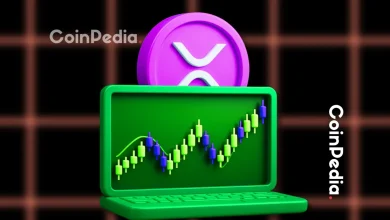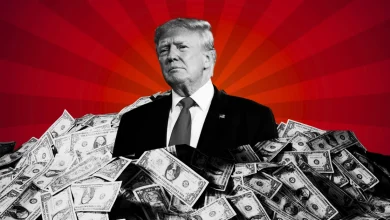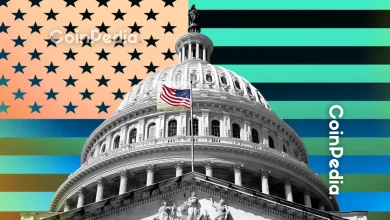
Treasury Secretary Scott Bessent dismissed concerns over a Wall Street selloff.
Bessent highlighted a sharp decline in mortgage rates since Election Day, attributing it partly to expected bank deregulation.
While some economists warn tariffs could drive inflation higher, Bessent believes manufacturers will absorb costs.
Treasury Secretary Scott Bessent isn’t losing sleep over Wall Street’s latest selloff. Instead, he’s focused on what he calls the bigger picture – making life better for everyday Americans. Speaking on Fox & Friends, Bessent dismissed concerns about market turbulence following the White House’s escalating trade tensions with Canada, China, and Mexico.
With new tariffs of 20-25% hitting key trading partners, investors are worried. But Bessent insists the administration’s priority isn’t Wall Street – it’s small businesses, workers, and long-term economic balance.
Rebalancing the Economy
Bessent acknowledged Wall Street’s past success but made it clear that the administration is focused on helping small businesses and consumers. He explained that their goal is to rebalance the economy in a way that benefits working-class Americans in the long run.
His comments came shortly after the new tariffs took effect, leading to a sharp market reaction. The tech-heavy Nasdaq index dropped nearly 2% in morning trading, now sitting 10% below its December 16 peak.
“One of the biggest wins for the American people, since election day and since inauguration, mortgage rates have come down dramatically,” he said. “The bottom 50% of Americans over the past two years have gotten crushed by these high interest rates.”
Mortgage Rates See Massive Drop
Bessent credited the decline in mortgage rates partly to expected bank deregulation, which he believes will boost the economy. On Thursday, 30-year mortgage rates fell to 6.76%, the lowest in two months, down from 6.85% last week. This marks a significant drop from the 10-year high of 7.79% reached on October 26, 2023, under the Biden administration.
Will Tariffs Cause Inflation to Rise?
Some economists warn that tariffs could push inflation higher and keep interest rates elevated through 2026. However, Bessent dismissed these concerns, pointing to Honda’s decision to move production from Mexico to Indiana to avoid tariffs. He believes manufacturers will absorb the costs rather than pass them on to consumers, keeping prices stable.
Bessent also highlighted that lower interest rates will help not just homeowners but also Americans struggling with credit card and auto loan debt.
“Bringing interest rates down is one of our greatest achievements so far,” he said.
While inflation is cooling, Bessent admitted it has not yet returned to the Federal Reserve’s target. When asked about affordability concerns, he acknowledged that prices have remained high, making it tough for many Americans.
Since Trump took office, market expectations for Federal Reserve policy have shifted. Investors now anticipate three rate cuts by the end of 2025, which would lower the federal funds rate from 4.25%-4.5% to 3.5%-3.75% – a significant shift from the single rate cut expected earlier in Trump’s term.
Never Miss a Beat in the Crypto World!
Stay ahead with breaking news, expert analysis, and real-time updates on the latest trends in Bitcoin, altcoins, DeFi, NFTs, and more.








